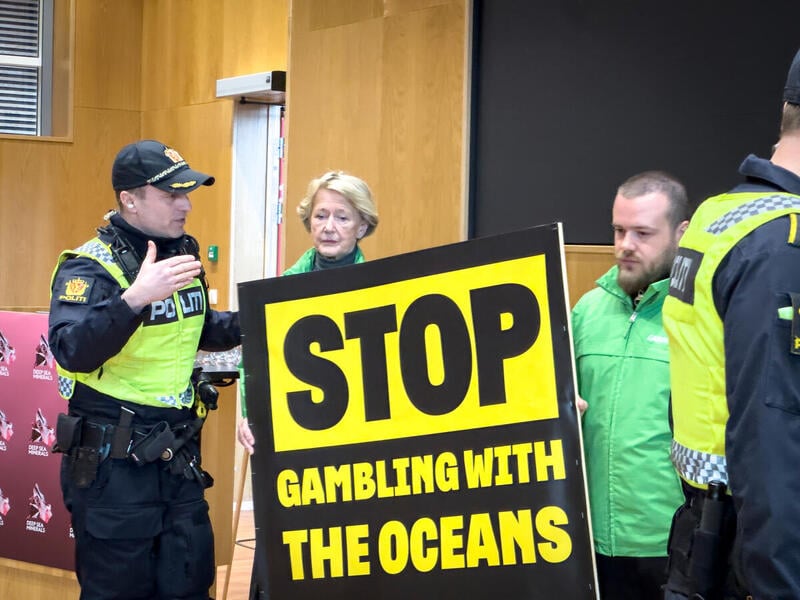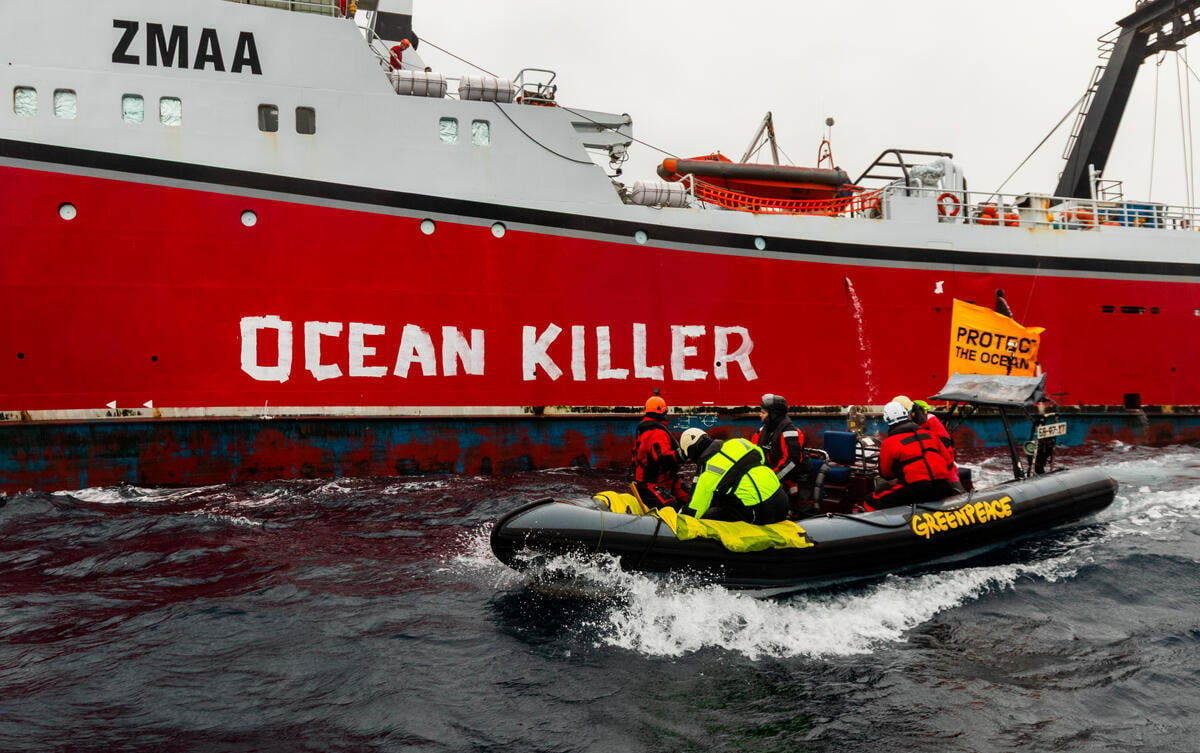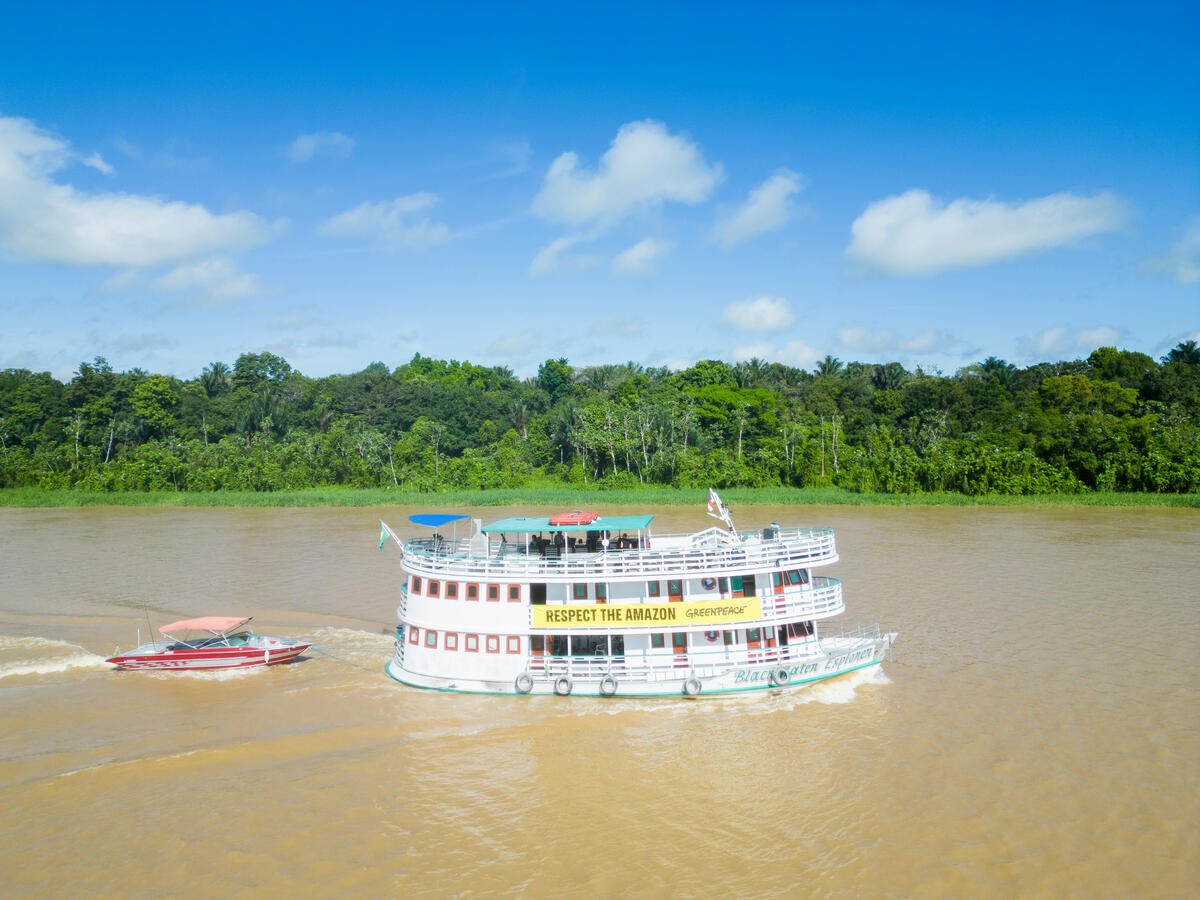Montreal, Canada – Greenpeace calls for clear recognition of Indigenous Rights in an ambitious global biodiversity framework as COP15 – the COP for biodiversity – starts two weeks of negotiations to agree upon a global framework to shape the protection of nature over the next decade and into the future.
COP15 will only be successful if the final text of the Post-2020 Global Biodiversity Framework includes:
- Explicit recognition for Indigenous Peoples and local communities’ rights and central roles in protecting biodiversity globally, including prior and informed consent,
- An ambitious global target to protect at least 30% of land and 30% of seas by 2030,
- Clear tools and measures as well as equitable financing for the implementation of targets.
- Internationally, at least $100 billion USD should be provided annually by developed countries for developing countries. This international support should be primarily based on public sources and avoid double counting climate finance.
Detailed briefing on Greenpeace’s COP15 demands.
Dinamam Tuxá, Executive Coordinator for the Articulation of Indigenous Peoples of Brazil said:
“It is impossible to talk about biodiversity conservation without mentioning Indigenous Lands. Globally, areas managed by Indigenous Peoples are among the most conserved, even though we, Indigenous Peoples, represent a small part of the population. However, we remain outside the decision-making process and without our rights to our territories. We hope that this COP15 will recognize our rights and that it will create more space for our official participation.”
Greenpeace East Asia senior policy advisor Li Shuo said:
“It is unacceptable for this process to continue to pump out promises and never deliver. COP15 is a chance for reinvention. Negotiations over the next two weeks need to generate targets that will actually be implemented and supported. The Chinese Presidency and joint leadership from all Parties can deliver this through careful planning towards an ambitious roadmap.”
Greenpeace Canada Executive Director Lagi Toribau said:
“COP15 is a chance to create a systematic shift in the global fight to protect biodiversity. Biodiversity is the network that supports all life, including humanity. And protecting biodiversity globally should first and foremost support the communities that are protecting nature, forests, and oceans at the frontlines. COP15 can deliver the tools to do that globally. On the ground, this can look different for different countries. In Canada, for example, we call for a Nature & Biodiversity Act centered around Indigenous Rights.”
Detailed report outlining the proposed legislation.
ENDS
For media enquiries please contact:
August Rick, Greenpeace East Asia, [email protected], +1 404 398 8482
Greenpeace International Press Desk, [email protected], +31 20 718 2470 (24 hours)



